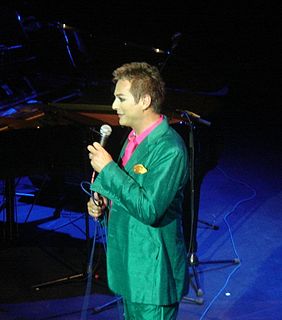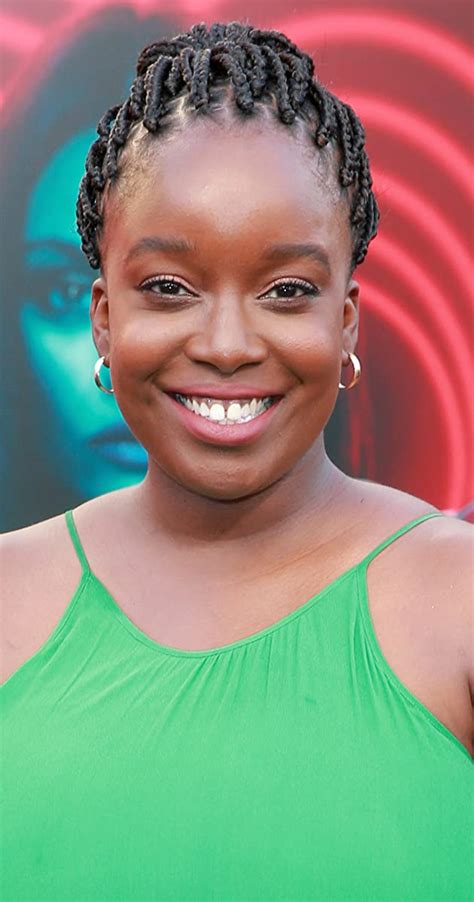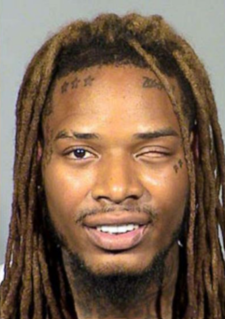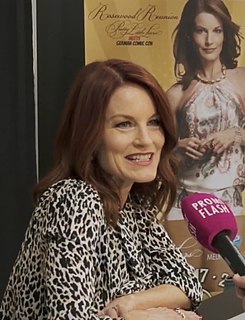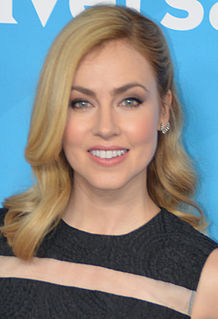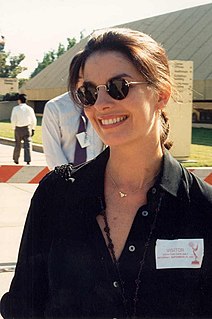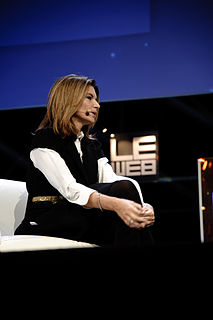A Quote by Francesca Hayward
I remember being asked for the first time about my race, and it really took me by surprise, just that it was a point that needed to be raised - and then I quickly realised that it was a point that everyone wanted to talk about!
Related Quotes
Bypasses are devices that allow some people to dash from point A to point B very fast while other people dash from point B to point A very fast. People living at point C, being a point directly in between, are often given to wonder what's so great about point A that so many people from point B are so keen to get there and what's so great about point B that so many people from point A are so keen to get there. They often wish that people would just once and for all work out where the hell they wanted to be.
I was raised with this consciousness of being part of this global Muslim community. At the same time, I didn't even know if I wanted to be Muslim. It was this incredibly complicated moment: I just needed to balance these two things where you care about people on some deep level who are my co-religion and are being killed because of their religion. Then, at the same time, I'm like ah, I don't really know if I want this.
You start to stress yourself out about the people around you. You start to think, like, "What do you really want from me?" And then you forget that you, at some point, asked them for something. At some point you needed them to take you in because you ain't had nowhere to go. And now you turn around and question their loyalty to you, and those were the only people loyal to you. The only people that really loved you are still there, and you tanked on them. I'll never let that happen.
I was on 'Melrose' at a time where we had to all go home and be there at the same time when the show was on, or set your VCR. But that was a big thing, and people of my generation still talk about that. They remember where they were, at what point of their lives that show came, and then talking about it the next day.
Remember that you own what happened to you. If your childhood was less than ideal, you may have been raised thinking that if you told the truth about what really went on in your family, a long bony white finger would emerge from a cloud and point to you, while a chilling voice thundered, "We *told* you not to tell." But that was then. Just put down on paper everything you can remember now about your parents and siblings and relatives and neighbors, and we will deal with libel later on.
Wildlife was the only thing we've written together with Paul Dano. It's based on a book by this author Richard Ford, who just published a memoir about his family that's really wonderful. Paul fell in love with his book, and we optioned it ourselves, and he took a first pass at writing it. He asked me for notes, and then our note session devolved into an argument really quickly.
I was just sort of young and went with the flow. It wasn't like I was 6 and knew I wanted to be an actor. I was thinking more along the lines of, I'm 6. When I was 20 I realized, I've never really thought about what I want to do. So I took a bunch of time off, stopped answering my phone, stopped doing anything. I'm pretty sure this is what I want to do, but I needed to be sure. It took me about two years to come around.
I took my wife to a really expensive hotel in Dubai. This was when we were first dating, so I wanted to impress her. I had scallops, and after that, I went to the bathroom to be sick. I realised I had just paid £300 or £400 on scallops just to throw it up. My wife and I then talked about it; I knew I had a problem.

